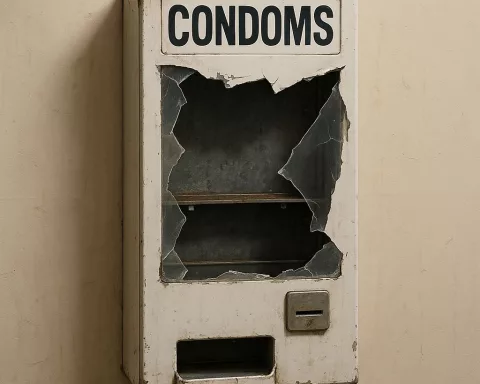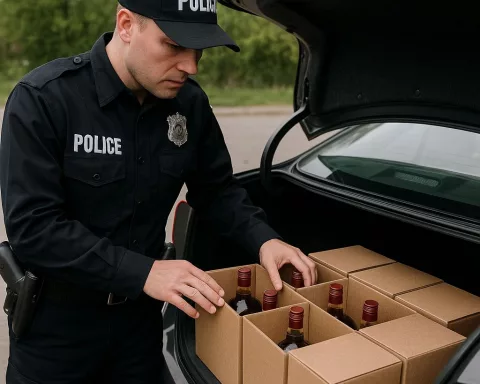The Western Cape Government (WCG) has expressed its concerns regarding the use of street pesticides, which pose significant risks to public health and safety. These pesticides are being sold in unmarked containers, making it difficult for consumers to know what they are using and how to use it safely. This trend has prompted the Poisons Information Helpline of the Western Cape to encourage residents to educate themselves about these products and remain vigilant against potential poisonings.
Emergence of Street Pesticides in Western Cape
As urban centers become more crowded, pests such as mosquitoes, flies, cockroaches, ants, mice, and rats find ample breeding grounds. Residents seek affordable and effective ways to eliminate these unwanted intruders. Street pesticides have emerged as a popular solution to the increasing problem of pests in densely populated areas. While conventional anticoagulant rodenticides require multiple doses over several days, street pesticides offer a more appealing alternative: they are fast-acting, inexpensive, easily accessible, and highly toxic.
Risks to Public Health and Safety
The Poisons Information Helpline recorded 49% of poisoning exposure calls as accidental and 47% as intentional in 2022. Additionally, 35% of these calls involved children under the age of 12. Of the 58 cases of severe pesticide poisoning reported that year, eight resulted in fatalities. However, the actual number of deaths is suspected to be much higher.
Importance of Immediate Medical Attention
Carine Marks, Director of the Tygerberg Poisons Information Centre, emphasizes the importance of seeking immediate medical attention if someone is exposed to illegal pesticides. Healthcare workers should also report such incidents to the appropriate authorities, as this information can help prevent further occurrences.
Identification of Street Pesticides
Identifying the specific pesticides involved in poisonings remains difficult, as many are sold on the streets as unknown substances. A notable example is the lethal “Halephirimi,” which translates to “you will never see the sunset.” To mitigate this issue, the Helpline advises collecting as much information as possible about the product, such as its brand name, packaging, or any labels on the container. If the pesticide is unmarked, individuals should take it to a healthcare facility for possible identification.
Safeguarding Against Further Exposure
Marks urges families and friends to work closely with healthcare professionals and follow their instructions carefully. Healthcare workers who are uncertain about the identification and management of poisoned patients can consult the Poisons Information Helpline for guidance.
As the risks associated with street pesticides continue to escalate, it is crucial that the public remain informed and cautious. By working together, the Western Cape community can help prevent future tragedies and protect the health and well-being of its residents. For assistance with poisonings, contact the Poisons Information Helpline at 0861 555 777.











